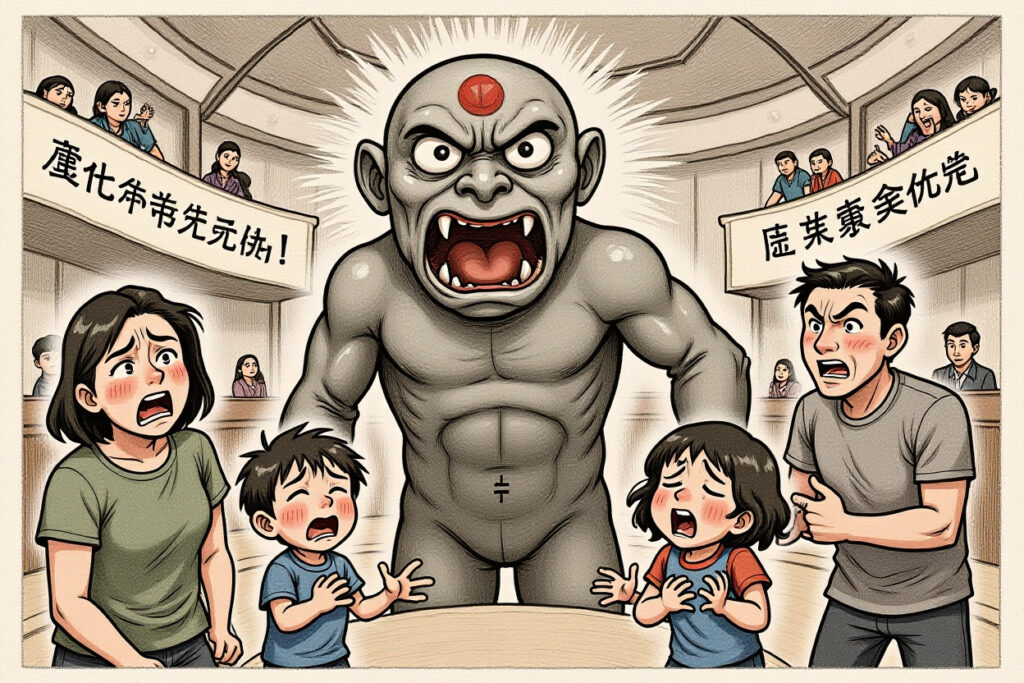A recent wave of shared bike accidents has raised urgent questions about rider safety and corporate accountability. Multiple users report experiencing sudden wheel locks while riding, leading to severe injuries including fractures. With over 600 million users across China, the reliability of these micro-mobility services is under scrutiny. This article delves into the incidents, corporate responses, and the path forward for an industry at a crossroads.
Understanding the Sudden Wheel Lock Incidents
In late August, Ms. Ma scanned and unlocked a Qingju bike, only to have the wheels lock abruptly minutes into her ride. The unexpected halt threw her off the bicycle, resulting in three fractures in her right foot and extensive soft tissue damage. Her case is not isolated; rough estimates indicate at least 41 similar incidents over the past two years across various platforms.
How Do Shared Bike Locks Work?
Most shared bikes use smart locks that rely on Bluetooth and GPS technology. These locks are designed to engage only when the bike is stationary or nearly stationary. However, user reports suggest that malfunctions can occur, leading to locks activating during motion.
Corporate Responses: Denials and Explanations
Both Didi’s Qingju and Hello have publicly addressed the allegations. Each company denies that software or technical flaws are to blame for the sudden locks.
Qingju’s Statement
Qingju attributed Ms. Ma’s accident to a loose chain causing riding hesitation, not a lock malfunction. The company emphasized that they conducted hardware and software checks on the involved bike and found no technical issues. They have apologized for the poor user experience and are processing her insurance claim, promising compensation within three business days upon receipt of required documents.
Hello’s Perspective
Hello also denied any system-wide technical defects. Their internal review, based on user data, found no evidence of abnormal automatic locking. The company outlined three scenarios that could mistakenly appear as sudden locks:
– Users riding without closing the lock/unlock screen, accidentally tapping the ‘return’ button.
– A previous user failing to lock the bike, and a subsequent user riding without scanning, then being locked out when the first user eventually locks it.
– For e-bikes, leaving a designated riding area triggers slow stops due to power cut-offs, but this does not apply to manual bikes.
Hello further explained that their lock hardware is programmed to ignore lock commands when the bike moves faster than 0.5 meters per second, only executing them when the bike is nearly stopped.
User Skepticism and the Call for Transparency
Despite these explanations, many users remain unconvinced. Online discussions highlight distrust in self-conducted corporate investigations. There are growing calls for independent, third-party safety audits and public disclosure of testing protocols to restore consumer confidence.
Expert Analysis: Ding Daoshi Weighs In
Internet analyst Ding Daoshi (丁道师) notes that determining the exact cause of such accidents is complex. Videos alone cannot confirm whether sudden electronic locking, foreign objects in the lock mechanism, chain malfunctions, or road hazards caused the falls. He stresses the need for thorough investigations.
The Path to Accountability
Ding argues that the core issue is reinforcing corporate responsibility through better technology and design. He suggests that companies must proactively enhance vehicle safety and address system vulnerabilities to prevent hazards. Currently, there is no clear framework attributing liability when users are injured, highlighting a gap in consumer protection.
The Insurance Gap in Shared Mobility
With over 600 million users in China and 11.44 billion rides in Beijing alone in 2024, shared bikes are integral to urban transport. However, insurance coverage remains inadequate. Most policies focus on accidental injury but lack clarity on incidents caused by vehicle defects.
Learning from Ride-Hailing
Ding proposes that the shared bike industry adopt the more mature insurance systems of ride-hailing platforms like Didi Chuxing. This would involve clear liability definitions, streamlined claims processes, and designated insurers to ensure timely and fair compensation.
A Proposal for Consumer Protection Funds
He also recommends that leading companies establish annual ‘Consumer Protection Funds’ with billions of RMB, dedicated to covering losses not addressed by traditional insurance or social security, especially in cases involving vehicle faults.
Regulatory Landscape and Future Directions
Regulators have previously intervened in the shared bike industry, such as curbing price hikes through negotiations and directives. Ding believes that rather than imposing new regulations, authorities should push companies to strengthen self-governance, technical safety measures, and insurance mechanisms.
Building Trust Through Transparency and Responsibility
The shared bike industry is maturing from rapid expansion to focused operations. Ensuring rider safety requires a multi-faceted approach: technological transparency, robust insurance, and unwavering corporate accountability. Only by creating an environment where users can ‘ride safely and be compensated fairly’ can shared bikes sustainably integrate into public transit systems.
Companies must prioritize open communication, independent safety verifications, and proactive customer support to regain public trust. Riders should always report issues immediately via official apps and ensure they understand insurance terms. As the industry evolves, collaboration between corporations, regulators, and users will be key to safe and reliable urban mobility.




